The notion of retirement is undergoing a significant transformation. Gone are the days when retiring meant permanently stepping away from all forms of employment to live a life of leisure. Today, more individuals are choosing to extend their professional lives well into their 60s and beyond. But why this shift? Chris Farrell’s book, Unretirement, sheds light on why embracing an encore career post-60 can be not just beneficial, but essential.
1. Economic Contribution of Older Adults
Traditionally, older adults have been viewed as dependents rather than contributors. However, as Farrell points out, this is a myth that needs debunking. Individuals over 60 bring a wealth of experience and wisdom that can significantly benefit the economy. Their participation in the workforce can boost productivity and bring diverse perspectives that enhance problem-solving and creativity in professional environments.
2. Financial Necessity
For many, the decision to continue working past retirement age is driven by financial necessity. With increasing life expectancy, the financial demands of supporting a longer retirement phase can be challenging. An encore career provides not just a steady income but also helps in maintaining financial independence and security.
3. Desire for Engagement and Purpose
Work provides more than just economic benefits; it offers a sense of purpose and fulfillment. Continuing to work or volunteering in a field you are passionate about can enrich your life immensely, keeping you mentally and physically active. Engaging in meaningful work can help maintain identity, self-confidence, and personal fulfillment.
4. Health and Well-being Benefits
There is substantial evidence suggesting that staying active through work or other pursuits leads to improved health and prolonged mental acuity. According to Farrell, work can also provide a social outlet, helping to combat loneliness and depression, which are common concerns among retirees. The structure and routine that work offers can contribute to better physical and mental health outcomes.
5. Opportunities in the Gig Economy
The rise of the gig economy and flexible work arrangements has opened new doors for seniors who wish to continue working without committing to a full-time job. Opportunities such as freelancing, consulting, or part-time jobs provide the flexibility to work at one’s own pace and according to personal schedules, making it easier for older adults to balance work with other life commitments.
6. Learning and Growth
Farrell emphasizes the importance of lifelong learning and staying abreast of new technologies and skills. Many seniors find joy in learning new skills that not only make them more competitive in the job market but also enrich their personal lives. With numerous resources available, such as online courses and workshops tailored for older adults, the opportunity for growth is limitless.
7. Policy and Workplace Adaptations
There is a growing need for policies and business practices that support seniors in the workforce. This includes creating age-friendly work environments and offering training programs tailored to older employees. Businesses that adapt to accommodate the aging population will benefit from the reliability, loyalty, and expertise of older workers while supporting a more inclusive and diverse workforce.
Conclusion: The Road Ahead
Creating an encore career after 60 is more than a financial necessity; it is an opportunity for personal growth, social engagement, and active participation in society. As explained in “Unretirement,” by continuing to work, seniors can enjoy a healthier, more fulfilling, and financially stable life.
So, if you find yourself contemplating life after the conventional retirement age, consider the possibilities that an encore career offers. It could be not just a means to an end but a rewarding continuation of your life’s work, filled with freedom, flexibility, and fulfillment. Embrace this opportunity to redefine retirement on your terms and make your golden years truly shine.






